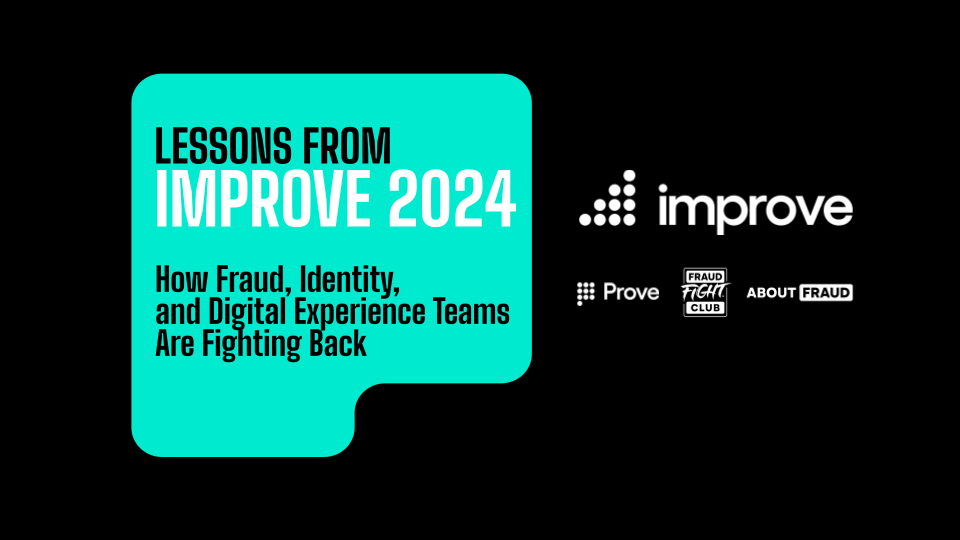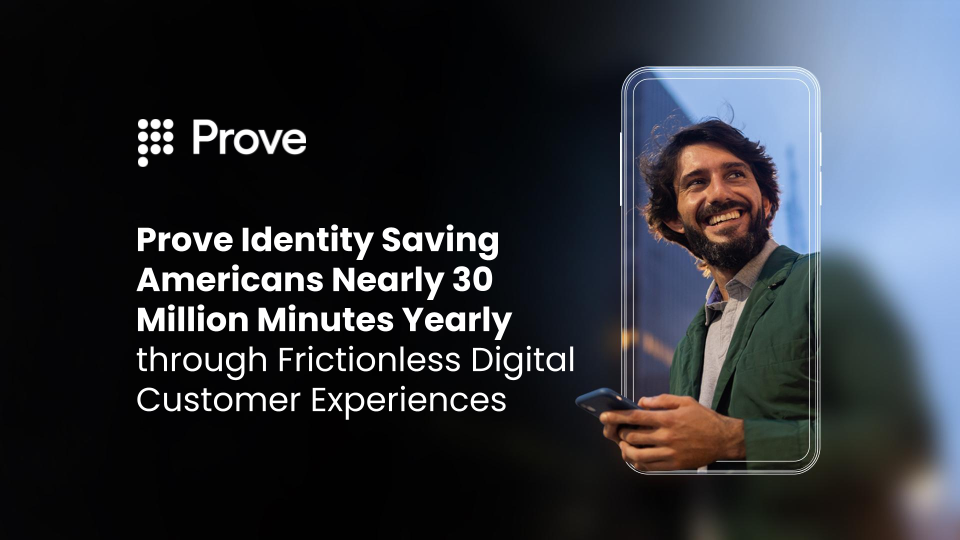As we become accustomed to using advanced tech in our daily lives, we also expect seamless transactions in other aspects like banking and shopping. For more sensitive processes involving money, the industry has begun using artificial intelligence to fight fraud.
It is expected that AI will be the next big thing in finance, changing how we do everyday transactions. After all, this industry, with all the data it carries, the transaction history needs a “middle man” to ensure that there’s no fraudulent activity occurring.
With the help of AI, banks can detect suspicious activities and prevent attackers from doing any more damage. In addition, what usually took weeks, even months to follow, can now simply be automated in the background, then alerting you in a matter of minutes if it detects any inconsistencies in the system.
AI is also able to handle vast amounts of data in less time. Tedious tasks can be designated to the machine and while other higher thinking tasks can be designated to humans instead. That’s a lot of resources saved, and profit gained – simply because you can process transactions more smoothly, and people gravitate towards you for the security you offer.
What’s even better is that AI is not an ordinary machine. Instead, it’s continuously learning based on the data it receives, and the more it’s utilized, the smarter it gets. This means it’s able to learn from a series of actions and detect even more sophisticated manners of money laundering, saving banks from millions of dollars in losses.
AI can also predict future behavior based on past data points. So not only can you make security more robust, but you can also create products and services that customers will like. Furthermore, it can help create a more tailored experience for your existing customers.
In the coming years, you can expect your bank to be more rigorous with KYC compliance. This is to ensure they have as much data about their customers as they can gather as a way of verifying them. The idea of doing this process may be pretty tedious, but it’s a step customers only need to do once to enjoy a lifetime of secure transactions with their bank.
But can it be trusted?
What makes AI trustworthy is its ability to give users control. This means removing the burden of tedious tasks while still leaving the user who is a human being in the driver’s seat. For example, you wouldn’t want your bank to be making automatic financial transactions for you. As accurate as the technology will be, it can’t grasp the human nuances that make us do the things we do. But it can provide suggestions, recommendations, and warnings based on the data it collects. And give the human user, you, the final say of whether to follow or ignore it.
AI has been around for quite some time, but only in the last decade did we begin implementing it in our tech devices. So whenever you use Google Search, tag a friend on Facebook, or navigate a place with Apple Maps, you are using AI technology. And in some ways, its accuracy surprises you because you wouldn’t expect it to use past information in the current context.
This is what AI does with banking as well. It is constantly learning and uses context to provide you better results. So if you are currently enjoying the benefits of AI in your regular smartphone, you can expect it to be even better with banking, where trillions of dollars are at stake, and loss is the last thing these financial organizations want.
Some banks are currently using AI in the front office and back to the anti-fraud office. There was a report on how AI is being used from the beginning transaction until the end of the transaction to detect any fraudulent behavior. The report also said that AI applications in banks can save banks $447 billion by 2023. It has provided the bank and its customers a better and “frictionless” experience with 24/7 communication and an easier, more refined system.
One prime example that has been working: Asian banks using this in their customer onboarding system. Due to how smartphones and other technologies have taken into account how customers are banking. Customer mobile applications to log in at any time and manage your account is important to customers. Some login applications even provide a thumb-print biometrics login on those applications as a way to keep customers’ information secure.
Seven Bank in Japan uses cutting-edge facial recognition technology in its ATMs to enable users to open bank accounts independently without needing to go through a branch manager. As a result, it provides easier onboarding with their potential customers since it’s less hassle to sign them up.
Some Asian banks are also looking to become ‘digital-only’ banks and have attracted many digital-savvy customers. For example, Kakaobank successfully onboarded around 1 million customers within five days of its launch.
Currently, nearly half of all banks using biometric technologies are in Asia. They’re leveraging the use of biometric data as a way to authenticate customers, process transactions, and log customers into secured networks. As for AML and KYC Compliance, the Monetary Authority of Singapore (MAS) is exploring the use of AI and ML to analyze suspicious transactions to identify those transactions that warrant further attention. Stakeholders are spending millions of dollars implementing this technology into their system. So you can best be assured that it’ll be money worth spending if it means being able to make the banking experience easier and more secure.
To learn about Prove’s identity solutions and how to accelerate revenue while mitigating fraud, schedule a demo today.

Keep reading

Marketplace Risk, a leading authority in risk management for online platforms, has announced the recipients of its annual Solution Provider Excellence Program. This prestigious initiative spotlights industry leaders in risk, trust, and safety solutions, showcasing their expertise in addressing the challenges encountered by digital marketplaces, gig economy, and digital platforms. Among the winners is Prove.

Last week, almost 200 fraud, risk, and identity professionals gathered in Charlotte to deliver a collective knockout punch to fraud. And from all accounts, the punch landed.

Global Leader in Identity Verification and Authentication Demonstrates Substantial Impact, Enabling Enterprise Customers to Generate $2 Billion in Revenue














